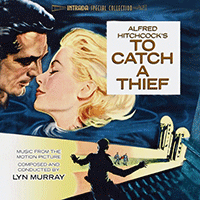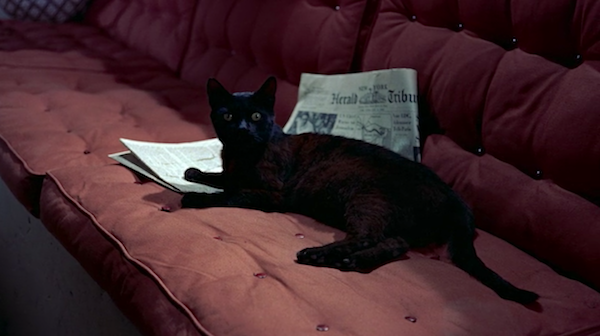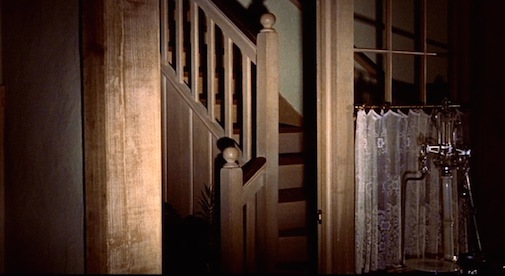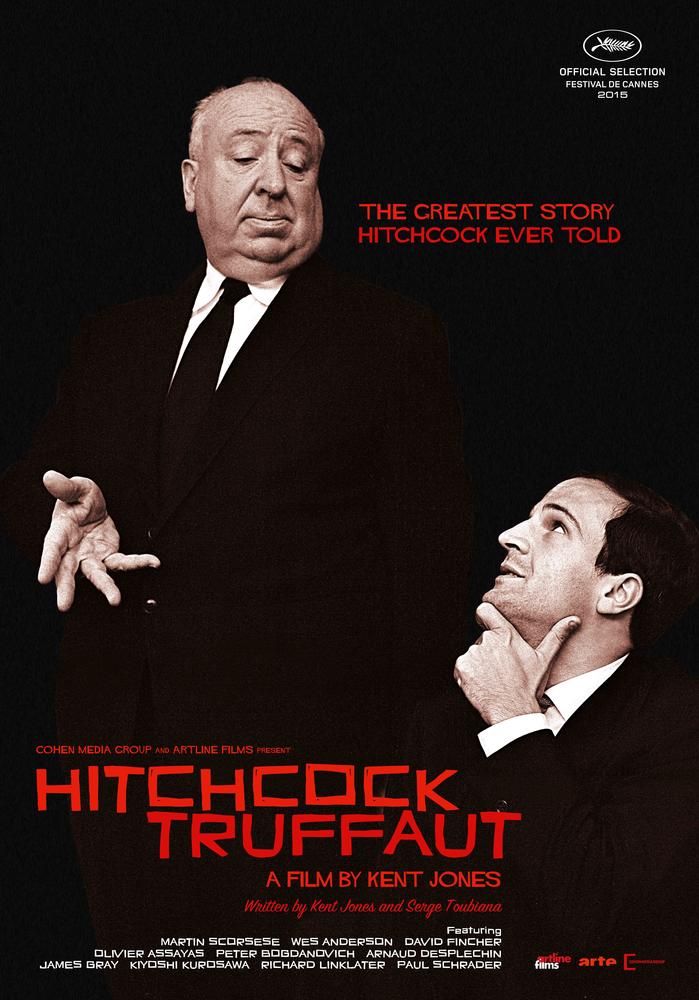 Hitchcock/Truffaut has a kind of sacred place among film books. Though it's rarely assigned in class, since its original 1966 publication the collected interviews between Alfred Hitchcock and Francois Truffaut have unofficially defined auteurism, the role of the director in Western film, and - most obviously - public opinion about Hitchcock. The immediate result of the publication was to turn public opinion about the Master of Suspense from lowbrow entertainer to underappreciated artist, and to further solidify Francois Truffaut's image as critic-cum-creator, a critical distinction upon which the members of the French New Wave thrived. With a book this prominent in film history, a movie about the book is a lofty goal to say the least. Historian and director Kent Jones uses his movie as an unfocused if zealous love letter to Hitchcock, that ultimately falls short of its goals.
Hitchcock/Truffaut has a kind of sacred place among film books. Though it's rarely assigned in class, since its original 1966 publication the collected interviews between Alfred Hitchcock and Francois Truffaut have unofficially defined auteurism, the role of the director in Western film, and - most obviously - public opinion about Hitchcock. The immediate result of the publication was to turn public opinion about the Master of Suspense from lowbrow entertainer to underappreciated artist, and to further solidify Francois Truffaut's image as critic-cum-creator, a critical distinction upon which the members of the French New Wave thrived. With a book this prominent in film history, a movie about the book is a lofty goal to say the least. Historian and director Kent Jones uses his movie as an unfocused if zealous love letter to Hitchcock, that ultimately falls short of its goals.
The movie Hitchcock/Truffaut attempts to be many things. On the one hand, it is a historical documentary which explains who Alfred Hitchcock and Francois Truffaut were and why their legendary interviews exhaustively analyzing every single one of Hitch's films was so important to film history. In this endeavor, Jones is primarily aided by the original recordings of the interviews. Unedited and untranslated Hitchcock is even more blunt and humorous than the published book let on. He gives a rather graphic explanation of the famous green-lit scene in Vertigo before suddenly cutting the interview short with a clipped "Off the record!" Jones includes the scenes that Hitchcock and Truffaut discuss, which allows the audience to observe critically with the directors' eyes and compare what Hitchcock says he's doing to the end result. It's a testament to Hitchcock's notorious control that there's little difference between what he describes and what appears onscreen.
This leads to Kent Jones's second goal in Hitchcock/Truffaut: a formal analysis of Alfred Hitchcock. As this was the primary motivation of the original book as well, parts of this can feel redundant. Jones brings in various directors to explain what they love in Hitchcock's films - Richard Linklater talks about time, Wes Anderson talks about precision, David Fincher talks about suspense, Scorsese talks about everything. The more directors Jones brings into the conversation, the more wide-reaching he reveals Hitchcock's influence to be. Directors who at first glance have little stylistically in common react with the same joy to discuss their favorite parts of Hitchcock's films. However, this formal analysis begins to drag, as very little new is discussed beyond what Hitch himself states.
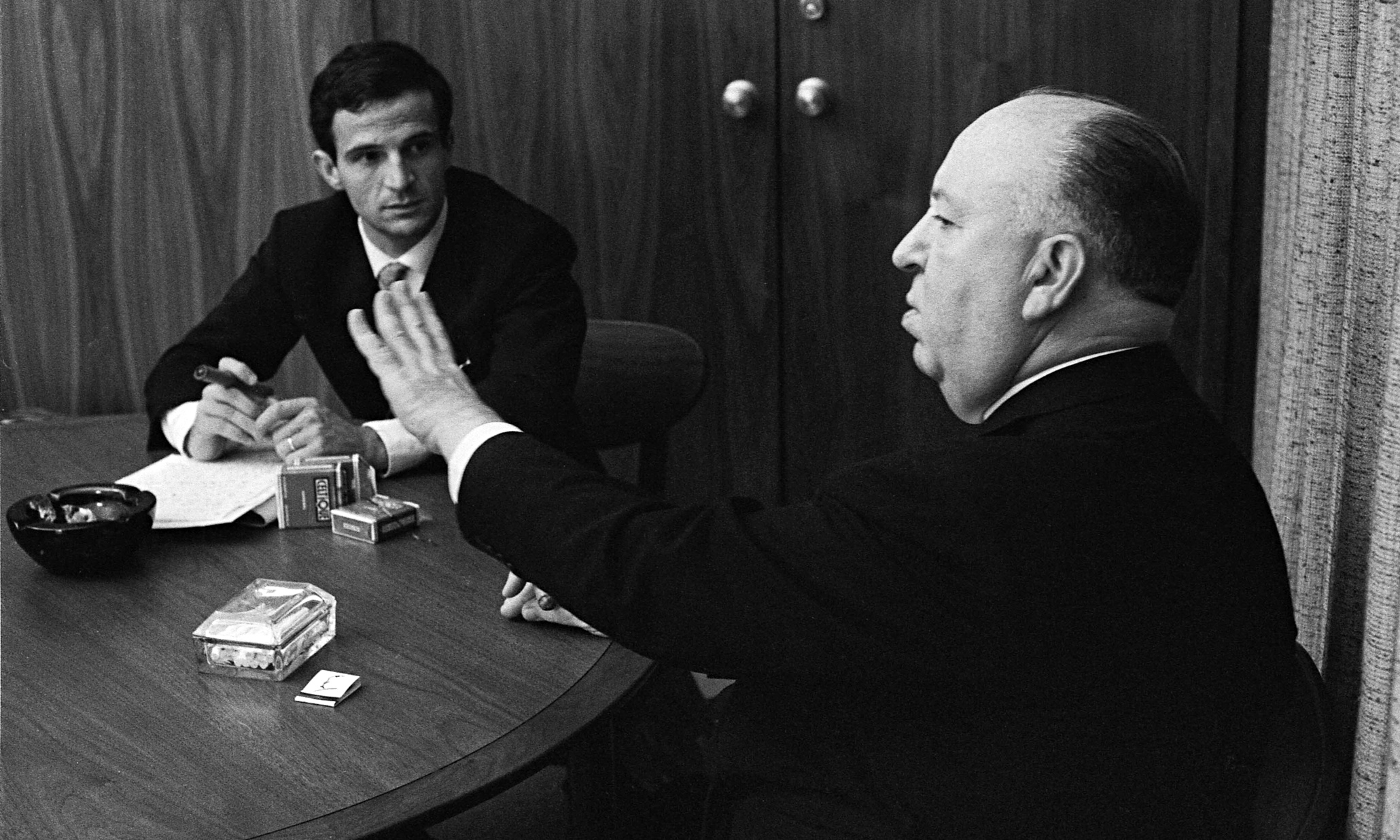
That is the greatest flaw with Kent Jones's film: he doesn't add more to the conversation. Hitchcock/Truffaut was published nearly 50 years ago, but the movie doesn't have anything new to say about either the book or its subject. In trying to be too many things - a history, an analysis, a tribute - Jones's movie wanders aimlessly. 80 minutes spent with Hitchcock is never time wasted, but ultimately I wonder: why make this movie?
Grade: B
Oscar Chances: Low, though the Academy does like insider baseball.
 Monday, February 6, 2017 at 5:00PM
Monday, February 6, 2017 at 5:00PM 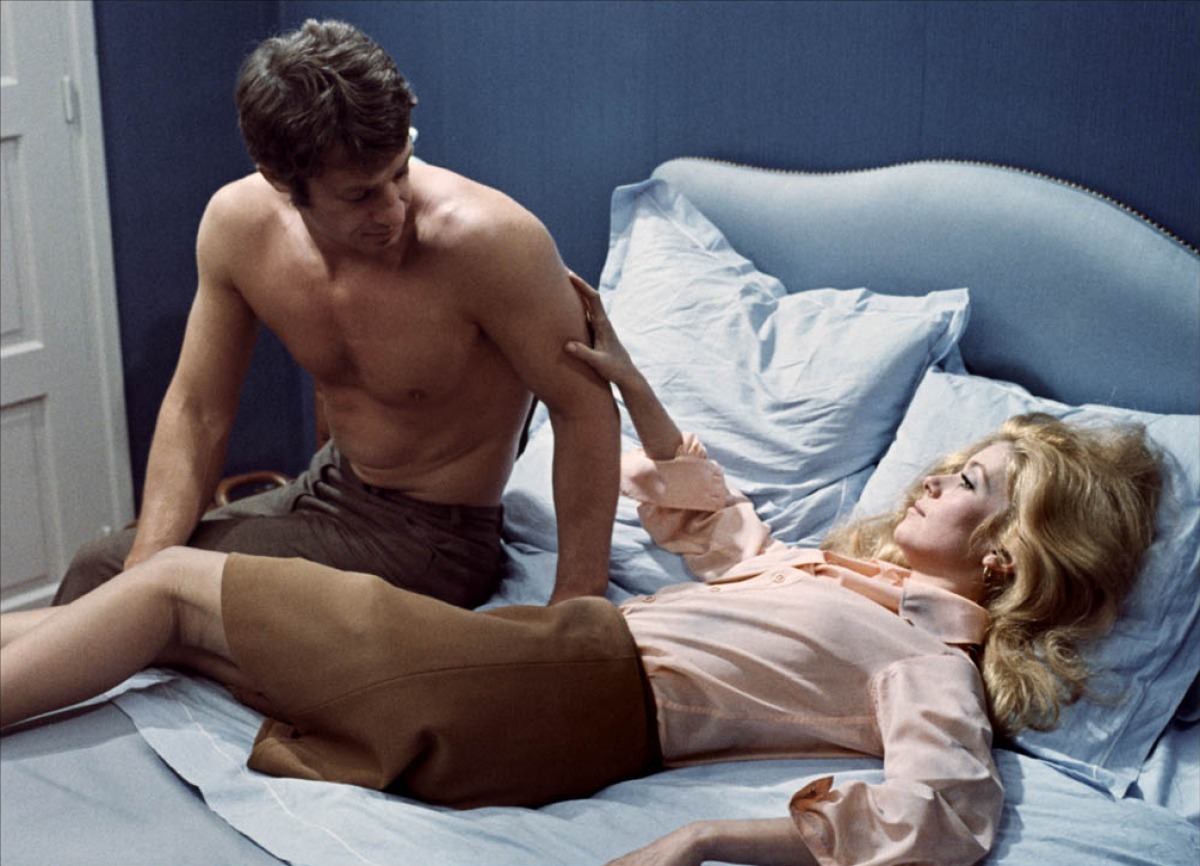
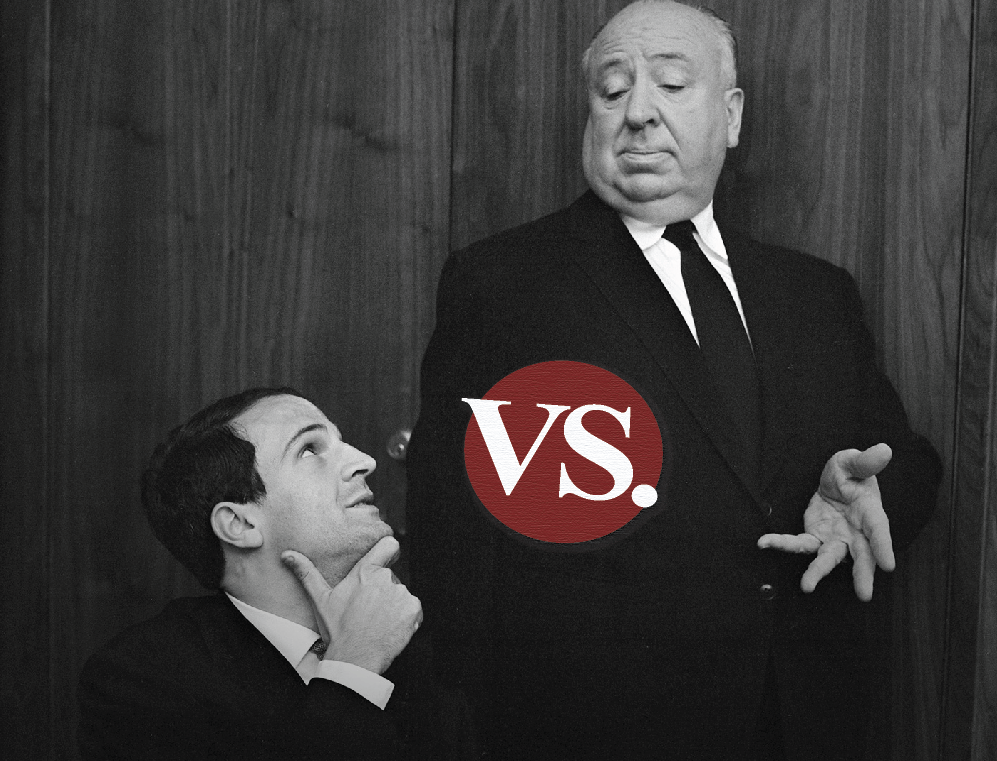
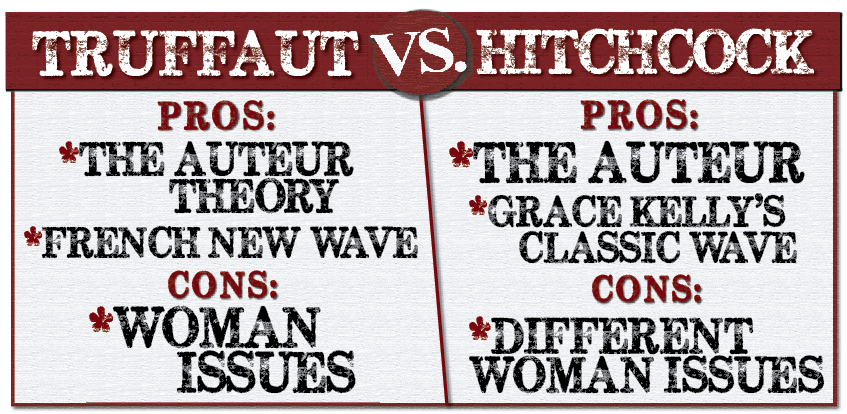
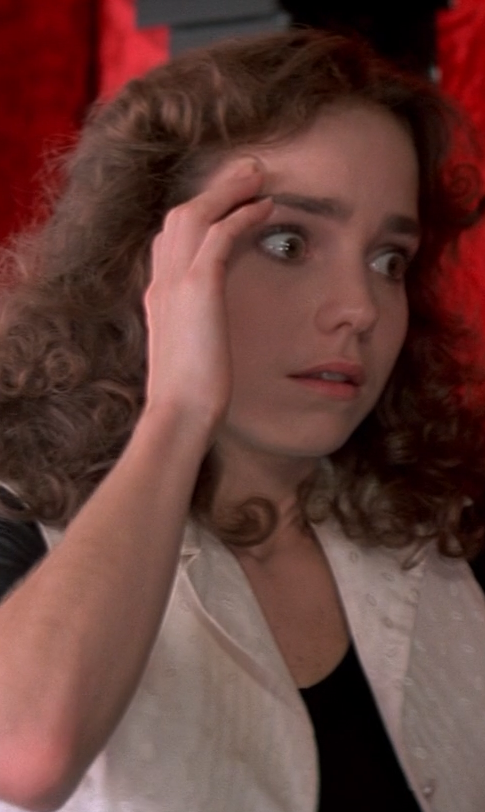 PREVIOUSLY Last week Dario Argento's candy-colored hallucination Suspiria turned 40, and so we pit the film's protagonist, Suzy the dancing girl, against the conspiring witches running her dance academy, and just like in the film Suzy was able to pirouette to safety, taking just over 60% of your vote. Said Tom:
PREVIOUSLY Last week Dario Argento's candy-colored hallucination Suspiria turned 40, and so we pit the film's protagonist, Suzy the dancing girl, against the conspiring witches running her dance academy, and just like in the film Suzy was able to pirouette to safety, taking just over 60% of your vote. Said Tom:



